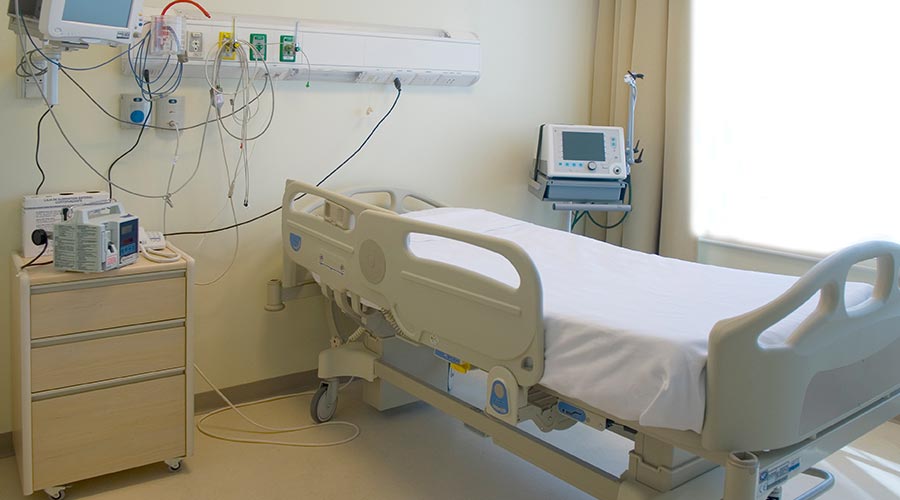
May 2024 •
Volume 16 •
Issue 5
Providing Current Information on
Health Insurance Industry Issues and Legislation

New CMS Biosimilar Rule Could Save Billions
The Centers for Medicare and Medicaid Services has announced that biosimilars can now be substituted as part of regular formulary maintenance changes. As a result, physician approval will no longer be required to substitute an FDA approved biosimilar for a branded medication. Given the significantly lower cost of biosimilars, the savings for self-funded groups changing their formularies could be in the millions and the healthcare system overall billions.
Trauma Activation Fees All Over the Map
With no standard fee schedule or uniform approach, setting the trauma care activation fee (TCAF) is left to the individual trauma center. TCAFs are being billed using revenue codes for different trauma codes that theoretically reflect the patient's trauma severity. While trauma levels are coded by standard criteria, prices between hospital varied by as much as 16 time according to research published in JAMA. The researchers concluded that there were "substantial, and often irrational, variations within and across trauma activation levels."
Negotiating Claims with Trauma Activation Fees
With trauma care activation fees and other charges varying widely from hospital to hospital within and across markets, it's more important than every to experienced skilled negotiators working to ensure your clients pay an appropriate amount for their plan enrollees' out-of-network and in-network hospital bills. That's why more payors are turning to HHC Group to negotiate on their behalf.
Big Insurers Share of Healthcare Spending Triples
The revenue of the 6 largest healthcare insurers as a share of U.S. healthcare spending grew from 9.7% in 2011 to 29.1% in 2023. This consolidation rates questions about competition, quality of care and cost impact of being both insurers and providers of services. Three of the 6 account for 80% of all prescriptions filled and one insurer is owned by the nation's largest pharmacy chain which is also the largest employer of U.S. doctors.
